Einstein’s General Relativity is a theory of grand scales, requiring correspondingly grand scale experiments to test it. Black holes, whose existence is predicted by General Relativity, are a great laboratory for such experiments. So far, these new experiments, including the recent visualization of the black hole at the center of our galaxy by the Event Horizon Telescope, seem to confirm the theory. For some, this means the truth of Relativity is increasingly beyond doubt. But at the same time, these experiments open up new ways of challenging, and potentially falsifying Einstein’s theory. That is how Einstein himself wanted thing to be. For him, scientific theories were not meant to be collections of true claims to be confirmed by experiments, but heuristic devices open to being discarded the moment they stopped working, argues Lydia Patton.
Many philosophers of science cite confirmation by experimental evidence as a crucial virtue of theories. Confirmation may mean that, when the theory makes predictions, experiments provide cases of phenomena that behave as the theory predicts. Or, it may mean that experimental evidence raises confidence in our belief in a claim. The philosopher Karl Popper was skeptical about the preeminence of theory confirmation. If all scientists do is look for confirmation of their prior beliefs, they are not engaging in true science, which always seeks to confront theories with the possibility that they could be false. Thus, Popper emphasized the relationship between evidence and falsification. Experiments can be formulated so that they test a theory rigorously, showing ways that it could be false. Popper argued that the possibility of falsification distinguishes scientific theories from non-science.
___
Each potential experimental confirmation of general relativity could provide hints toward new directions for the theory, or even - in the extreme case - refutation of it.
___
The recent discoveries of experimental black hole astrophysics embody the complex relationship between confirmation and falsification of theories in practice. These discoveries are spectacular confirmation of Albert Einstein’s predictions regarding black holes and gravitational waves a century ago. Simultaneously, these new experiments have more potential than any projects have for a century to find reasons to extend and revise the theory of general relativity. The new black hole science is an excellent case of a fundamental fact: experimental confirmations of a theory often indicate new ways for the theory to be confronted with evidence, which could provide new ways for the theory to break down.
This fact was known and welcome to Albert Einstein, who argued that the theory of relativity should always be open to further inquiry, even saying that its theoretical claims should never be shielded from empirical refutation. Einstein’s care in securing the experimental basis for his theory when he formulated it is a crucial reason why the theory of general relativity (often simply called GR) has remained one of the most empirically well-supported contemporary theories in physics. Paradoxically, the fact that Einstein’s theory is so well adapted to empirical investigation is also the reason that each step forward in experimental GR carries with it the promise of unexpected results. Each potential experimental confirmation of general relativity could provide hints toward new directions for the theory, or even - in the extreme case - refutation of it.







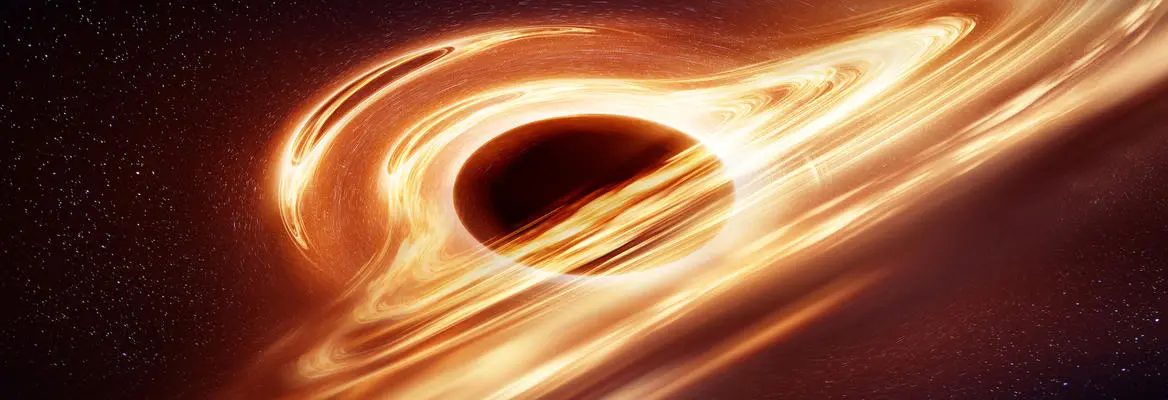


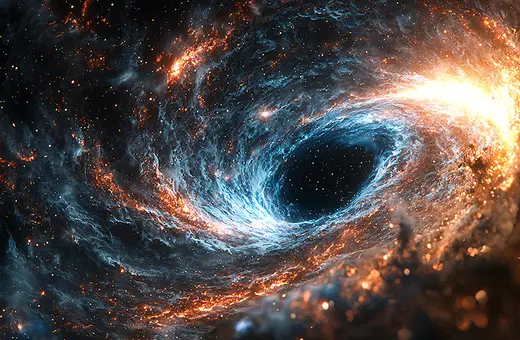
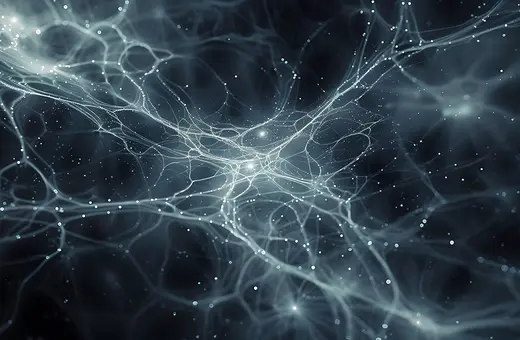
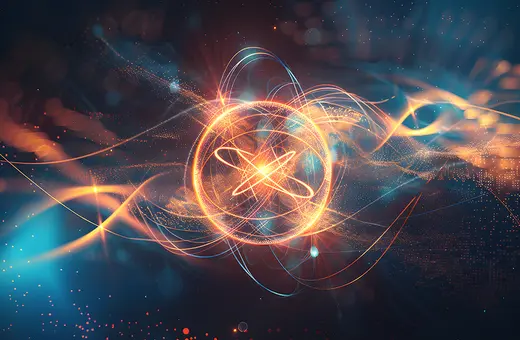

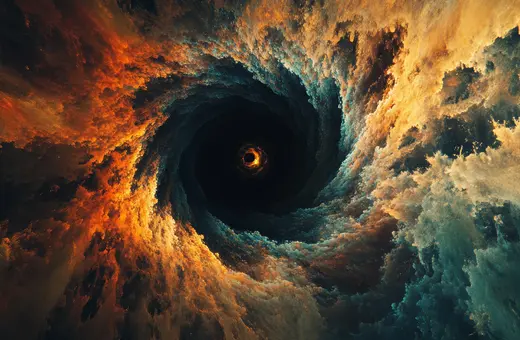
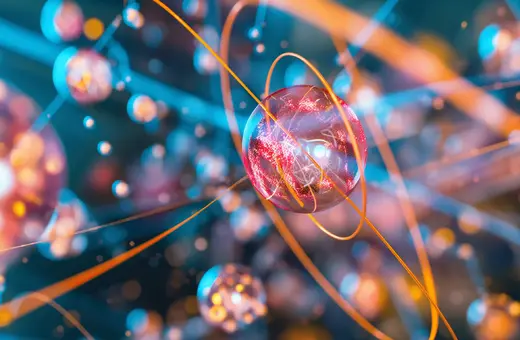

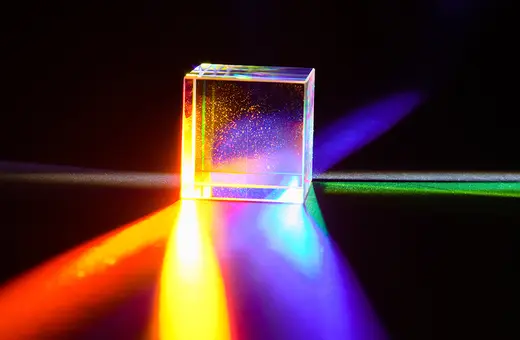



Join the conversation